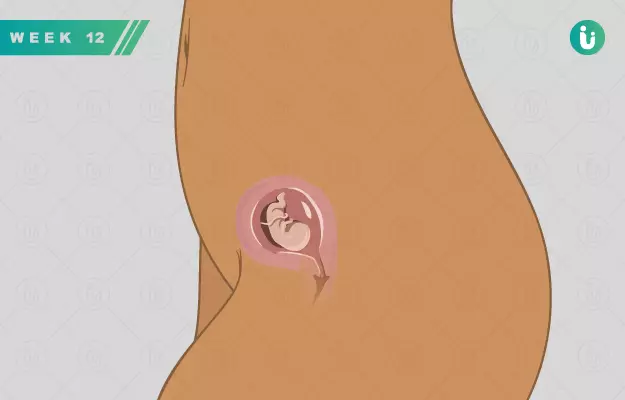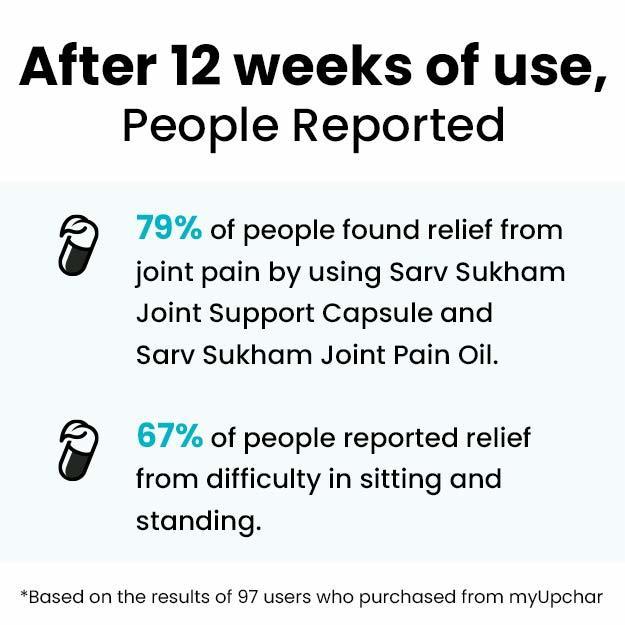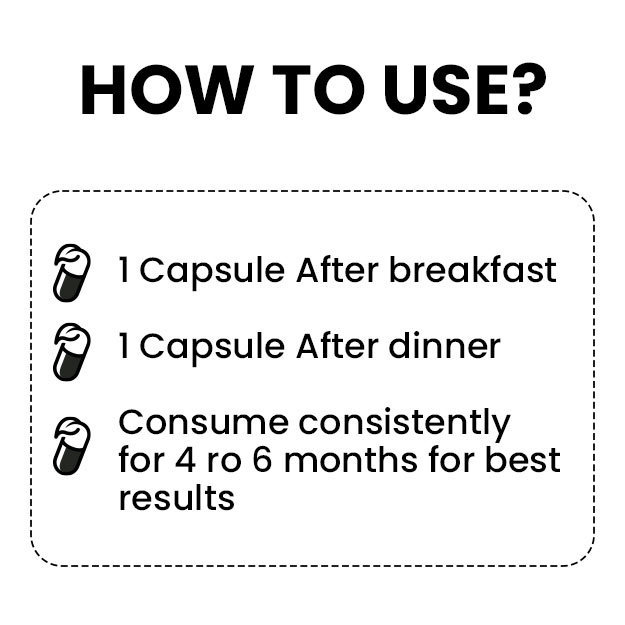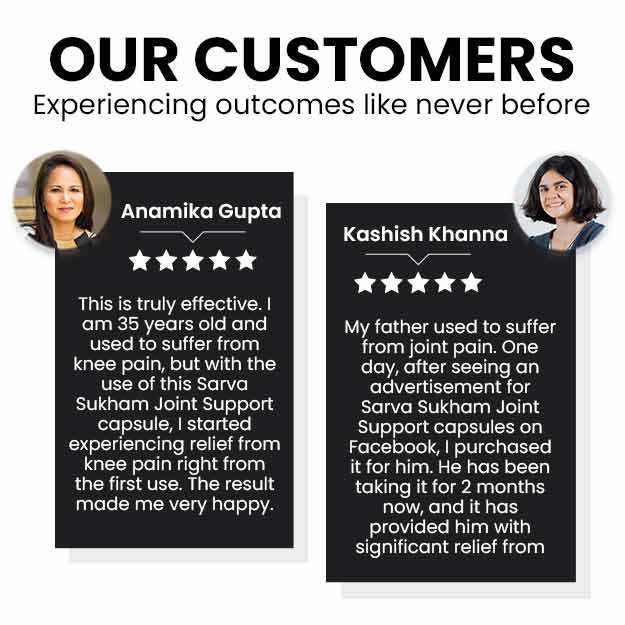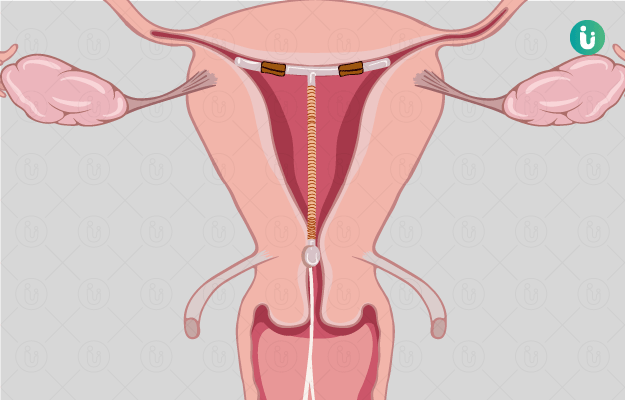Hopefully you are feeling much better, as this is the last week with all the exhaustion and sluggishness. The discomforts of some women would have eased off by now whereas, some maybe experiencing the same dreadful signs and symptoms. As the sickness subsides, you may start to feel hungrier which means your body is getting over the morning sickness.
In a week, you'll be successfully starting with the second trimester of your pregnancy. You may notice your waistline thickening and your breasts becoming bigger. You may also see a slight baby bump. Well, this is something to be joyous about

